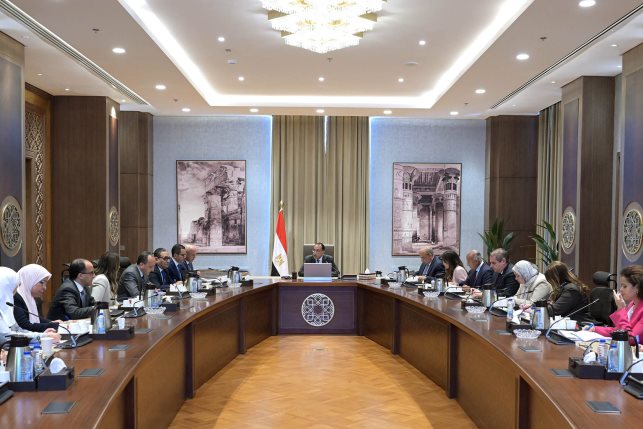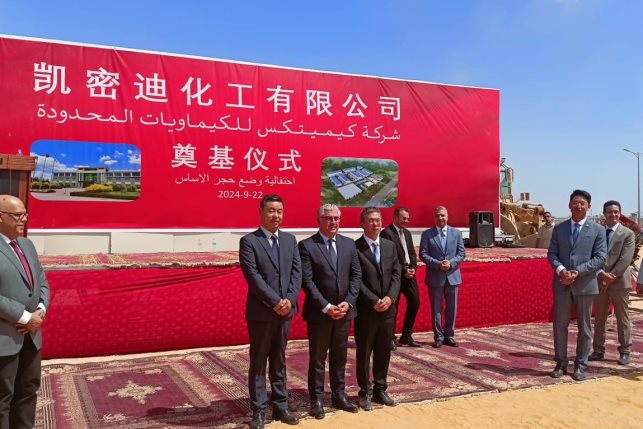Egypt to stop import of ceramics and porcelain: Trade and Industry Min
According to the statement, the decision to halt imports will be reviewed periodically, and accordingly to any updates related to the coronavirus

Egypt's Trade and Industry Minister Nevine Gamea has announced the cessation of ceramic and porcelain imports on Wednesday for 3 months, starting Thursday evening.
The decision is part of the measures the ministry is undertaking in order to regulate the imports of consumer goods, not just ceramics and porcelain, particularly in order to counteract the negative impact of the on-going pandemic.
According to the statement, the decision to halt imports will be reviewed periodically, and accordingly to any updates related to the coronavirus.
The decision aims to preserve the productivity rates of the Egyptian industry from any potential repercussions caused by the virus situation, the minister added.
Currently, the number of ceramic factories in the local market are about 33 with an annual capacity of 240 million meters, and a maximum capacity of 400 million, according to the ceramic division of the building materials chamber of the Federation of Egyptian Industries.
Exports of ceramic tiles, among other construction materials of porcelain, decreased by 34 percent during the first half of 2020 to record $53 million compared to about $80 million during the same period in 2019, according to the latest report of the Export Council for Building Materials, Refractory, and Metallurgy Industries.
In July, the ministry announced its research into creating a clear mechanism for implementing the cabinet’s decision in not importing products that have a local alternative. This was aimed at supporting local industry and workers, as well as reducing the country’s import needs and spending.





